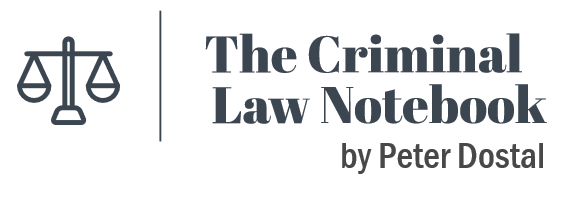Fraud Prohibition Orders
General Principles
Anyone convicted of Fraud under s.380(1) may have a prohibition imposed upon them preventing the person from obtaining or continuing any employment, or becoming or being a volunteer in any capacity, that involves having authority over the real property, money or valuable security of another person.
Section 380.2 states:
- Prohibition order
380.2 (1) When an offender is convicted, or is discharged on the conditions prescribed in a probation order under section 730 [order of discharge], of an offence referred to in subsection 380(1) [fraud], the court that sentences or discharges the offender, in addition to any other punishment that may be imposed for that offence or any other condition prescribed in the order of discharge, may make, subject to the conditions or exemptions that the court directs, an order prohibiting the offender from seeking, obtaining or continuing any employment, or becoming or being a volunteer in any capacity, that involves having authority over the real property, money or valuable security of another person.
- Duration
(2) The prohibition may be for any period that the court considers appropriate, including any period to which the offender is sentenced to imprisonment.
- Court may vary order
(3) A court that makes an order of prohibition or, if the court is for any reason unable to act, another court of equivalent jurisdiction in the same province, may, on application of the offender or the prosecutor, require the offender to appear before it at any time and, after hearing the parties, that court may vary the conditions prescribed in the order if, in the opinion of the court, the variation is desirable because of changed circumstances.
- Offence
(4) Every person who is bound by an order of prohibition and who does not comply with the order is guilty of
- (a) an indictable offence and is liable to imprisonment for a term not exceeding two years; or
- (b) an offence punishable on summary conviction.
2011, c. 6, s. 4.
[annotation(s) added]
The provision found in s. 380.2(1) imposes "significant restrictions" on liberty and so cannot be applied retrospectively.[1]
- ↑
R v Hooyer, 2016 ONCA 44 (CanLII), per Doherty JA
History
This provision was added to the Criminal Code Sept 29, 2011 with Bill C-21, Standing up for Victims of White Collar Crime Act, 2011 c.6. It came into force on November 1, 2011.
